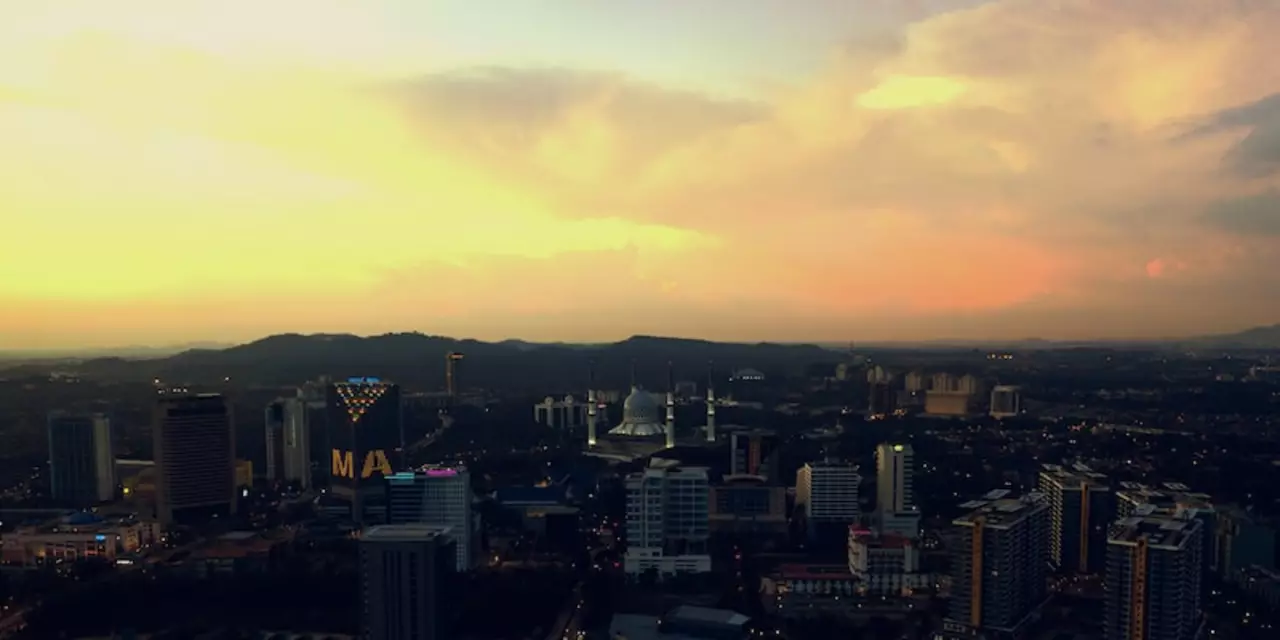Covid-19 Updates: What’s Happening in Your City Right Now
COVID‑19 is still part of our daily conversations, and keeping up with the latest info can feel like a full‑time job. Here’s a plain‑spoken roundup of the most important news, local guidelines, and practical steps you can take without getting lost in medical jargon.
Latest News in Your City
Every week the health department releases new data on case numbers, vaccination rates, and any rule changes. The most useful thing to watch for is the daily case count trend—if it’s rising for three days straight, you’ll usually see stricter mask mandates or limited indoor capacity. Conversely, a steady drop often means relaxed rules for restaurants and gyms.
Right now, most major Indian metros report a mild increase in cases, driven by the Omicron‑like sub‑variant that spreads fast but usually causes milder symptoms. The good news? Booster shots are still showing strong protection against severe illness, and many cities have set up pop‑up vaccination camps in malls and college campuses to make it easy to stay up‑to‑date.
If you’re wondering whether to travel, check the city’s travel advisory page. Most cities allow inter‑state travel without a negative test, but they may require a rapid antigen test on arrival if the local case load spikes above a set threshold.
Practical Health Tips for City Dwellers
Living in a bustling urban area means you’re surrounded by crowds, public transport, and tight indoor spaces. Here are three no‑nonsense habits that keep you safe without slowing you down.
1. Keep a mask handy. Even if the official mandate is lifted, a light cloth or surgical mask can protect you on a packed metro or at a busy market. Slip it into your bag and you’ll never be caught off guard.
2. Make the most of ventilation. If you’re working from a café, pick a spot near a window or outdoors. Good airflow dilutes any virus particles that might be hanging in the air.
3. Stay on top of boosters. The health ministry recommends a booster at least six months after the primary series. Set a reminder on your phone; the extra dose cuts hospitalization risk dramatically.
Another tip that often gets overlooked: wash your hands after touching any shared surface—ticket machines, elevator buttons, and door handles. A quick rinse with soap for 20 seconds does more than you think.
Lastly, keep an eye on local symptom alerts. If you develop fever, cough, or loss of taste, get tested right away. Early detection helps you protect friends, family, and coworkers.
Staying informed and adopting these simple habits lets you enjoy city life while keeping Covid‑19 risks in check. Check back often for fresh updates, and remember that staying safe is a community effort—your actions matter.
HM Amit Shah takes 1st dose of COVID-19 vaccine?
India's Home Minister Amit Shah has set a great example by taking the first dose of the COVID-19 vaccine. The vaccination drive was launched by Prime Minister Narendra Modi on January 16, 2021 and is the world’s largest immunization program. Amit Shah taking the first vaccine dose showed his commitment towards the fight against the virus and his dedication towards the well-being of the country. He urged everyone to get vaccinated and be a part of the fight against COVID-19. He also reassured people about the safety and efficacy of the vaccine. His actions have encouraged people to take the vaccine without any hesitation.
